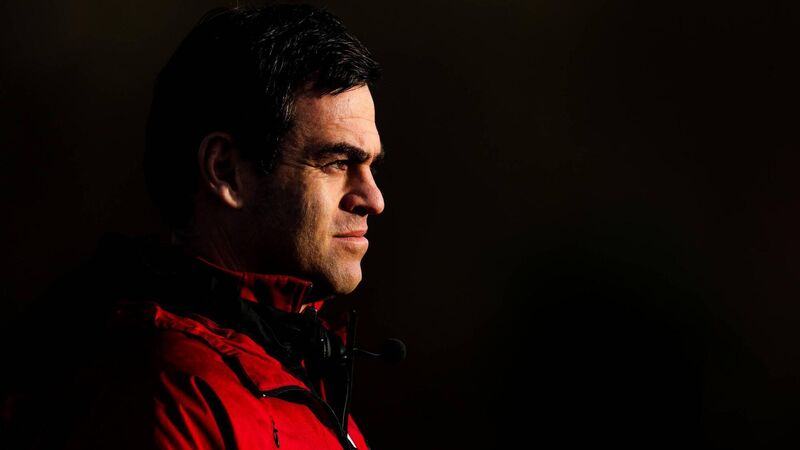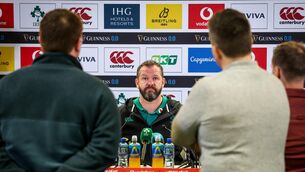Donal Lenihan: Spotlight firmly on Johann van Graan as predictable Munster fail to surprise or inspire

PLENTY TO PROVE: Next month marks the third anniversary of Johann van Graan’s arrival as Munster head coach but the jury remains out on the South African, writes Donal Lenihan.










